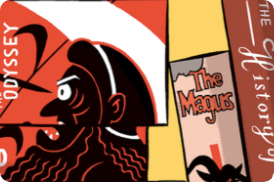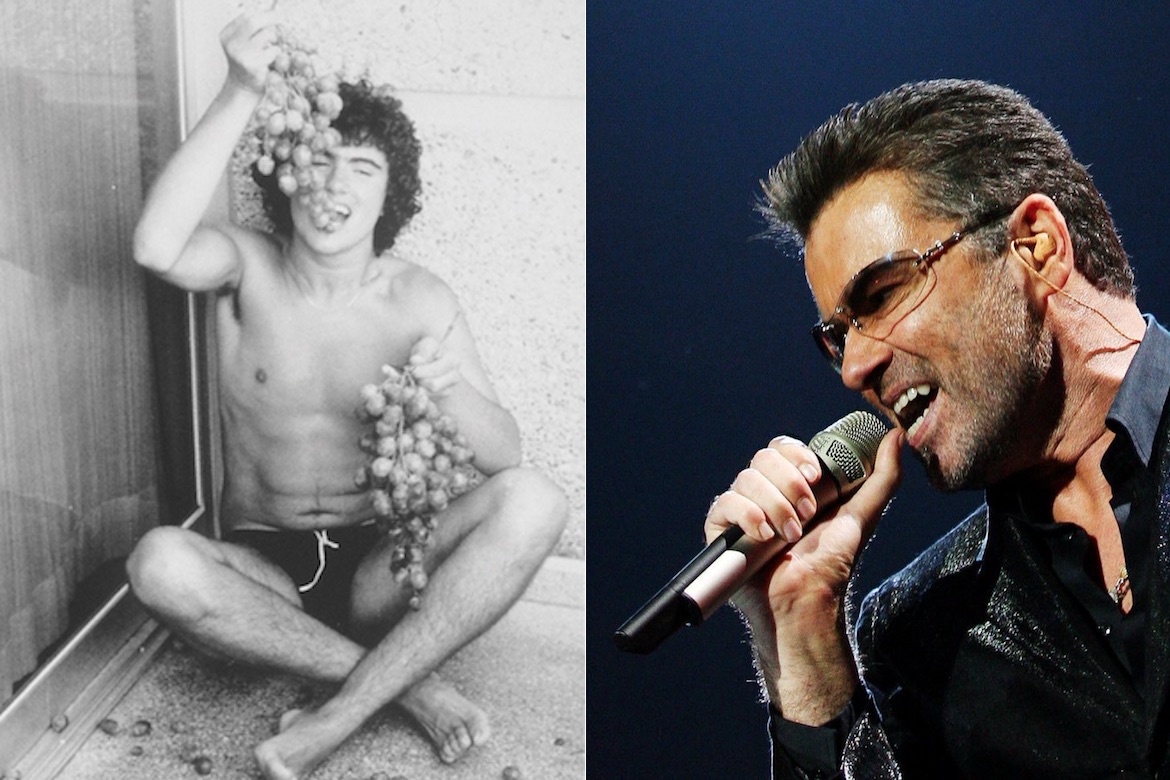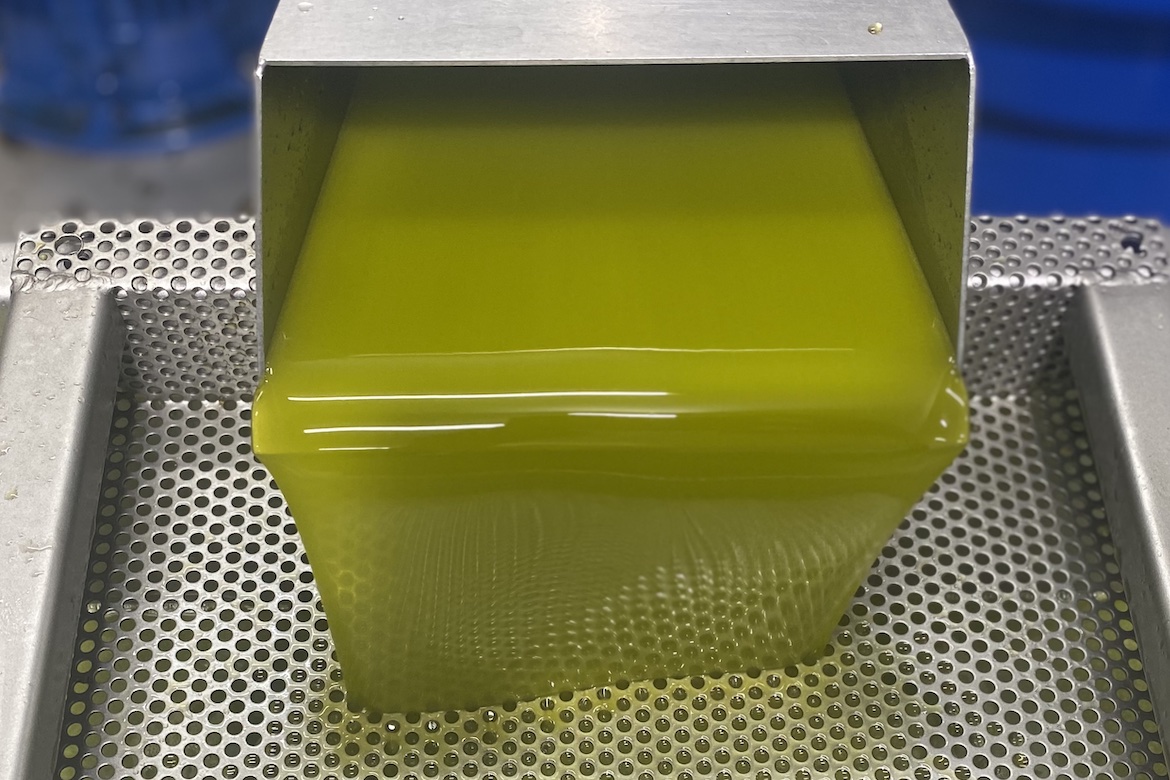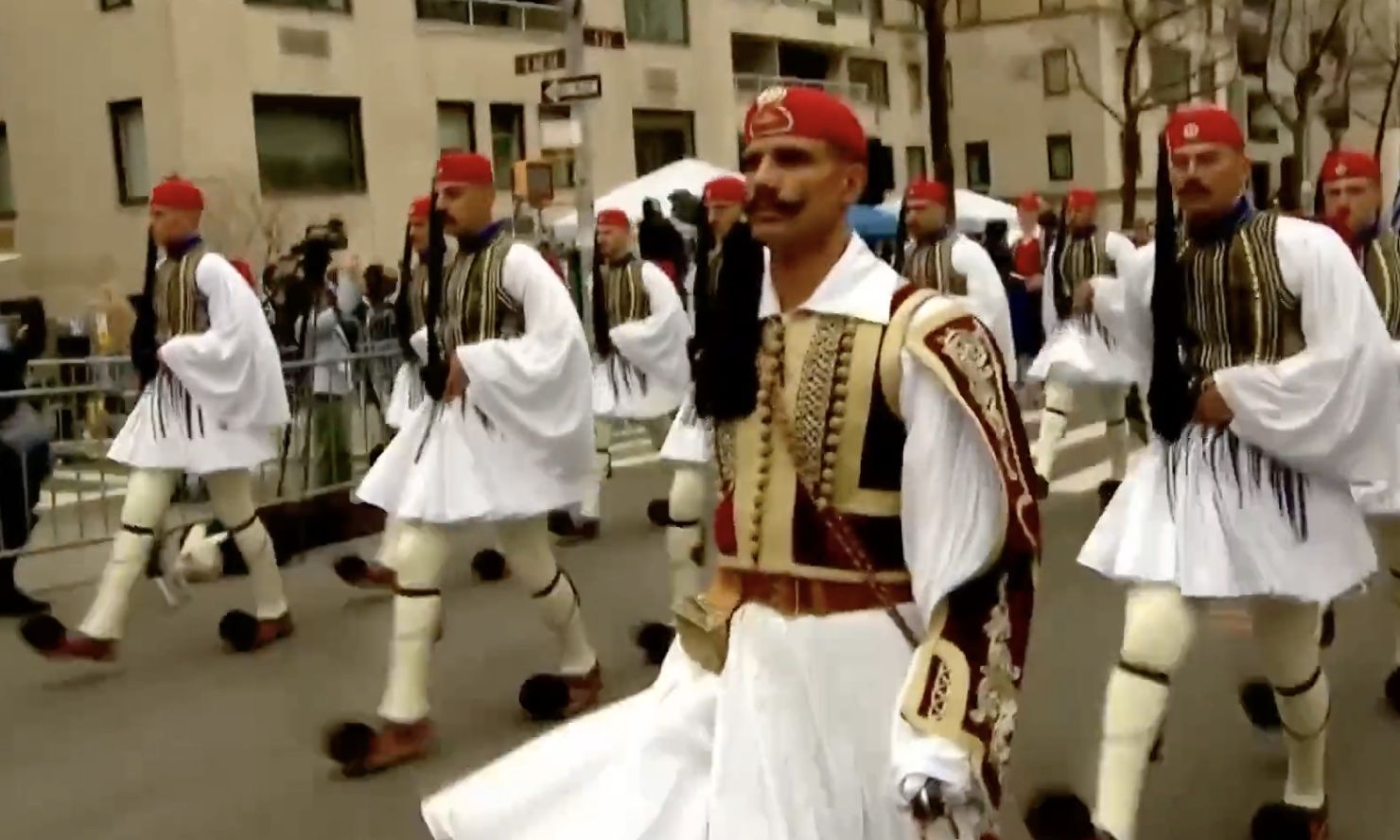Today marks the anniversary of the death of beloved pop singer George Michael on Christmas Day in 2016.
The following article was published in The Pappas Post shortly after Michael’s passing and has been re-published in its original form to honor the late singer’s memory.
Complicated Relationship Between George Michael, Giorgos Kyriakos Panayiotou
An outpouring of grief and love, the likes of which hasn’t been seen in England since the tragic death of Princess Diana continues an hour north of London in the town George Michael called home.
Fans and devotees of the 80s and 90s pop icon from as far away as Australia, New Zealand and the United States flew to the United Kingdom with the sole purpose of leaving a wreath, or a note to the deceased singer.

Many Greek Cypriots placed their national flag amongst thousands of bouquets of flowers, candles, letters, photographs and other memorial items. The gesture serves as a reference to Michael’s ancestry, something that was always at the forefront of the pop singer’s psyche while growing up — and while selling out arenas and selling more than 100 million records.

Michael was born Giorgos Kyriakos Panayiotou to a Greek Cypriot immigrant father named Kyriacos Panayiotou who changed his name to Jack Panos when he emigrated to London in the 1950s. His mother was a British woman named Lesley Angold who found out later in her life that her own mother was Jewish, but was disowned for marrying a gentile and emigrated to London.

Dad believed that his son’s dream of being a singer-songwriter was a preposterous delusion — indulgence of a British-born boy who hadn’t tasted the hard Greek work ethic like so many immigrants had.
And that hammering away at his son ended up staying with him for years.
His presence as an overbearing Greek father had an affirming impact on the singer’s career, as he noted in an interview with The Independent.
His father famously told his son that he wasn’t talented and couldn’t carry a tune — even as he was bringing home hit after hit, duets with Aretha Franklin and selling out arenas throughout the world.
“People with a childhood like that turn it to their advantage,” Michael said in the same interview.
“The fact I had my father as an adversary was such a powerful tool to work with. I subconsciously fought him to the degree that I drove me to be one of the most successful musicians in the world.”
Despite this tough, rigid upbringing, Michael was always able to go beyond his father’s push-back to his dreams and spoke glowingly about his upbringing — and specifically his father.

“I have always admired the heroic hard work my dad put in, to raise us up from living seven in a room— which he was back in Cyprus— to having a good standard of living.”.
“I understand my dad was trying to protect me from what he saw as a false dream. But he did too good a job of it.”
Even when Michael became one of the most famous people in the world, it was never enough: Jack Panos was always there in his mind, saying it was all rubbish, rubbish, rubbish.
Michael spoke often about the Greek impact on his upbringing.
He told the BBC in a radio interview that he had tremendous guilt because of his Greek upbringing.
“I have a huge propensity for guilt because I was the boy in a Greek family who could do what he liked from a very early age — and he did. Because the culture was patriarchal and it was to indulge the boy. I have two wonderful sisters who never got their way as young Greek girls, obviously. I grew up with his terrible of guilt. I had feelings of guilt as a small child, knowing that I was the one who was going to get the easy ride.”
He jokingly told the BBC interviewer why he changed his name.
“When you’re born Giorgos Kyriakos Panayiotou, there is a very urgent need for a stage name when you’re 18 and want to be a British pop singer,” he said.
But the name change didn’t mean he turned his back on where he came from. The singer maintained a close relationship with his family and community. He was extra-generous to Greek Cypriots in the United Kingdom who live with a blood disorder known as Thalassemia.
Plans have not yet been shared about the singer’s funeral as his family still deals with the autopsy to determine the cause of death. Various reports have surfaced that Elton John and Mariah Carey will sing at a memorial service and it is believed that the family, which is handling the arrangements, will oversee a Greek Orthodox funeral.
Although Michael did attend the Protestant church in his village where he loved, about an hour and a half north of London, he told residents there that he was Greek Orthodox.
Michael’s neighbor Ros Scott who has lived in the village for 25 years, told People Magazine “I would see him at church at midnight mass at Christmas time, at St. Thomas, the Protestant church just behind us. He was Greek Orthodox so I don’t think he went for religious reasons, probably for the carol service and the traditions.”
















